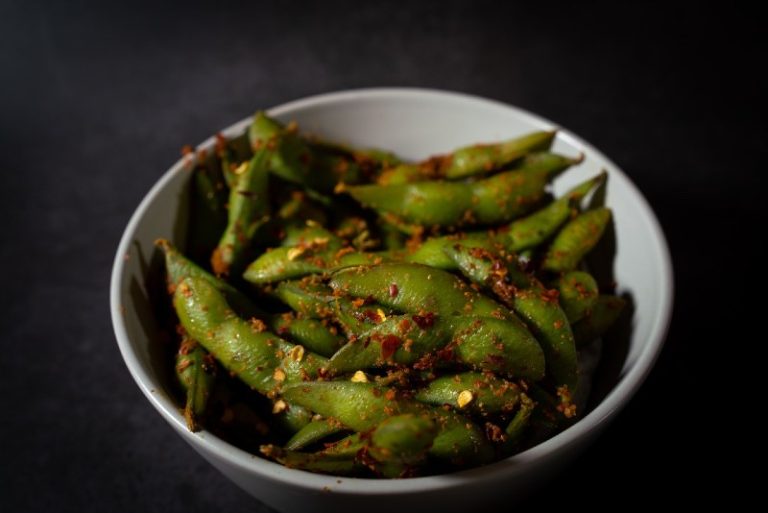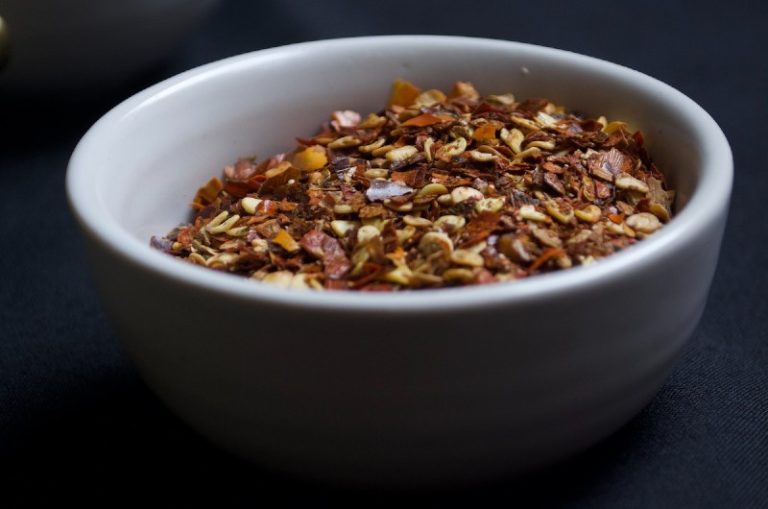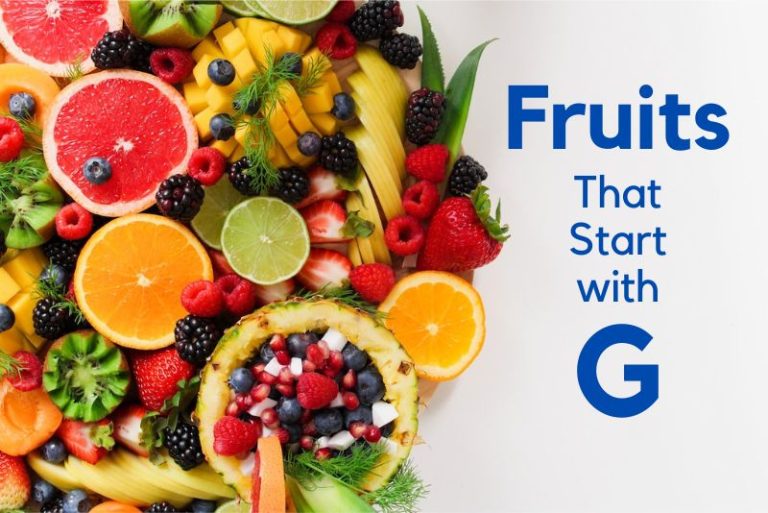What We Learned from The Speakers ~ The Foodie Bugle Lectures at The School of Artisan Food, Welbeck
The fifth Foodie Bugle Lectures were held at The School of Artisan Food on the Welbeck Estate in Nottinghamshire on 1st August, and unlike the previous four lectures the talks were delivered solely from three artisans who work on the estate itself, selling their products both wholesale and retail, in the region and beyond. The Welbeck Farm Shop on the estate showcases the skills of many of the area’s producers, growers and artisans.
The event was introduced by Alison Swan Parente, the co-founder and director of The School of Artisan Food, who alongside course director Joe Piliero, oversees the annual intake of artisan students, both full-time and part-time, who come to learn all about making cheese, bread, beer, ice-cream and preserves, as well as butchery and artisan food business management. The specialisation of the school is fermentation in all its guises: slow, handmade breads, cheeses, charcuterie products and ale. It has been nominated in the Cookery School of the Year category in the Food and Travel magazine Reader Awards 2013.
The audience comprised a wide range of foodies, both professional and amateur. Some already attend the school, a national centre of excellence, which every year places its students in some of the most coveted jobs in the food and drink industry, both at home and abroad. Some guests came looking for advice and inspiration on how to start, run and make their business prosper. The speakers did not disappoint ~ three very different artisans delivered three extremely engaging lectures.
Here is what we learned.
Joe Schneider ~ Cheesemaker at Stichelton Cheese
Joe Schneider was born in New York and started making artisanal cheese in 1996. After several projects in Holland and the UK, he managed Daylesford Creamery, in the Cotswolds. In 2006, he teamed up with Neals Yard Dairy and Welbeck Estate to create Stichelton Dairy with the aim of bringing back traditional farmhouse Stilton cheese made with raw milk. The dairy has been making Stichelton since then, working hard to perfect the recipe with a small team of five people, selling award winning cheese locally, throughout the UK, and abroad.
Joe described his start in the feta cheese-making world thus:
“I was living in Holland, as an American making Greek cheese for a Turk!”
Brought up in America he was used to seeing cheese all wrapped up and sliced in packets in the supermarket, and had never seen artisanally made rinded cheese.
He moved to England in 1998 and wanted to make British cheeses that would deserve a place on any good cheese board. He said that many food and drink students reach a demarcation, a fork in the road, where they have to decide whether they want to work in the industrial sector or in artisan production. His choice was to create a unique flavour, sold to a community of cheese lovers, bringing together the hard science of microbiology and the alchemy of taste and texture.
Farmhouse Stilton production in Britain had become extinct: in its place was a pasteurised milk cheese that bore no resemblance to the original ancient recipe. Stilton is now a PDO {Protected Designation of Origin}, EU-law protected name.
After a food scare which was attributed to raw milk cheese, the very last creamery to make traditional Stilton was Colston Bassett in 1988. Determined to re-create the taste of old, raw-milk Stilton, he and Randolph Hodgson, of Neal’s Yard Dairy, set up a partnership creating a creamery in a 250 year old barn in the grounds of the Welbeck estate. Joe brought his knowledge of cheesemaking and Randolph brought his sales and marketing expertise, as well as his wholesale and retail platforms in London.
“I wanted to return raw milk Stilton cheese to its rightful owners: the British people,” Joe told us.
The first challenge was perfecting the recipe, which had to be recreated bit by bit using the taste memories of people who remembered how the real Stilton used to taste. Seasonal, organic changes in the protein content of the grass make for huge taste differentials in the 140-strong herd’s milk production on the farm.
“I don’t want to apologise for this differential,” Joe told us. “Our cheese comes straight from the farm’s resources, it is not a standardised product. It has its own natural rhythm, with a huge number and range of bacterial strains. In May the milk is low in fat and high in protein, and the cheese made from it has a more metallic, meaty flavour, almost like Bovril. In The Autumn, it has a more mellow, buttery, creamy flavour. This is why Stichelton cheese is at its very best at Christmas, which accounts for 20% of our annual sales.”
From a 2770 litre vat, Joe and his team of cheesemakers, now produce around 55 tonnes of cheese a year, but they do not want the business to keep growing exponentially. They want to stay small in order to ensure the product stays consistent, authentic and true to its heritage and history. Historically, Stilton cheese would have been made by the farmer’s wife, slowly, gradually and between other chores and activities. The curds would have been hand ladled and the whole production process would have been done by hand at low temperatures with low levels of starter. It is this drawn out period, just like bread making, that gives the cheese its unique taste.
Growth for growth’s sake is not part of their business plan.
“I want to sell to the people I want to sell to, not to supermarkets.”
The recession has had little impact on turnover, because Joe believes that
“In a recession people do not dumb down their food choices. Restaurant trade has dipped down because people are more likely to buy good bread, good wine and good cheese and stay at home, rather than spending money going out.”
Warning to would-be cheesemakers:
“When you start, make sure you have in-built pessimism. It is not easy to reach perfection in your product, and it takes a long time to develop your recipe to perfection.”
Further Information
www.stichelton.co.uk
Follow on Twitter: @SticheltonDairy
Claire Monk ~ Welbeck Abbey Brewery
Claire is 26 years old and is head brewer at Welbeck Abbey Brewery. Originally from Suffolk she developed a taste for real ale early on in life, drinking Adnams and Greene King with her father. Moving up to Sheffield for her degree in microbiology and biochemistry, her eyes were opened to the world of real ale, and she never looked back.
She originally trained at the well-known Kelham Island Brewery in Sheffield, where she was lucky enough to be offered a role in establishing the new Welbeck Abbey Brewery – a 10 Brewers Barrel Microbrewery housed in a listed barn. She brews four times a week, supplying 12,000 pints of real ale, sold to around 200 pubs, farm shops, delicatessens and food halls between Sheffield, Lincoln and Nottingham, using the finest quality malted barley, hops, yeast and water.
Claire introduced herself to the audience wearing a pretty summer dress, red lipstick and high heeled shoes, dispelling all myths:
“Look! I’m a girl and a brewer! It can be achieved.”
As Claire told us about her work and life as one of the very few women working in this male dominated profession, we all tasted the four main beers produced at Welbeck Abbey: Henrietta {Golden Ale, 3.6% ABV}, Portland Black {Black Beer, 4.5% ABV}, Cavendish {Blonde Beer, 5.0% ABV} and the seasonal Red Feather {Amber Ale, 3.9% ABV}. Claire always looks for associations with the history of the estate in naming her beers, giving them a sense of place and heritage.
Claire talked us through the artisanal, slow process by which her beers are made. Echoing Joe Schneider’s business experience, she and her team are adamant they want to produce a specialist, highly perfected product which is sold to selected pubs and retailers that they know will appreciate and respect Welbeck Abbey Brewery’s key values.
Her specialisation is real cask ale, although the brewery also produces bottled beers. Her beers are enjoyed by both women and men, their light, fruity taste and fragrance complementing a wide range of food served by pubs and restaurants.
It was an Emeritus Professor at Sheffield University that inspired her to consider the world of real ale making, bringing together the theories she had learned from her degree subjects. A hard apprenticeship cask-washing in freezing outdoor temperatures at Kelham Island breweries was her baptism by fire, and her managers quickly realised her determination and commitment to the trade. She was put in charge of the new fledgling brewery, managing a team of young brewers and working in a converted shed on the estate.
The hardest part of the process was not making the beers, however, as Claire quickly informed us.
“There are so many micro-breweries all over Britain now, the market is extremely competitive. The sales process takes up to at least 6-18 months: you have to convince pub landlords to buy your ale and that takes time, patience and persistence. Once our casks got in, however, the landlords stuck with us. Now we supply 200 different customers, we deal directly with the end customers and we have a great rapport. Just like Joe, we do not sell our product to people we do not want to, so slow, gradual growth is what we have achieved. We will not sell to supermarkets.”
In the very beginning Claire tried to sell her beers both wholesale and retail, but she soon changed her mind, as fulfilling both roles meant taking on lots of sales staff, high transport costs and taking her attention away from the product, which is what her focus is all about.
“The big wholesalers do not care about your artisan product. I decided that the route to market had to be independent retailers and lovers of British real ale.”
Consistency is key in the world of real ale brewing:
“Customers get used to a certain taste, so the method has to be the same every time, the hops, barley, malt, yeast and water combination has to be the same, because drinkers have a taste memory that enables them to distinguish between different batches. In total, with all the seasonal specials, we have created 40 different beers, and we are learning all the time.”
Claire’s top three core principles are:
Excellent service to the customers, to ensure that her buyers come back for more.
Producing the very best product.
Building a profitable business model that enables the employment of the best staff.
In recruiting she has been surprised how the most unlikely of candidates can turn out to be the most committed and excellent. She also advises would-be food and drink entrepreneurs to focus very carefully on their website, graphic design and logo.
“You buy with your eyes. If you walk into a pub and you do not know what the local beers are, the very first thing you do is look at the pump clips. If you have a good graphic designer to make your designs, these will stand out against the competition. Of course, you should also be able to ask the landlord whether you can drink a small sample of each beer, to taste the differences. We have found that producing our bottled beers is a good way of sending out samples to potential buyers and drinkers.”
Claire was asked whether she ever encountered prejudice as a woman.
“I can do whatever a man does, including barrel lifting, so I never stop myself from doing something just because I am a girl. Sometimes people try to talk down to me, but I don’t let it affect me. If people are going to treat you in a manner that is condescending, the chances are they will treat everyone like that, not just me because I am female.”
Further Information
www.welbeckabbeybrewery.co.uk
Follow on Twitter: @WelbeckAbbeyBry
Matthew McCarthy ~ The Welbeck Bakehouse
The Welbeck Bakehouse is a small, independent artisan wholesale bakery specialising in long fermented bread and viennoiserie, much of it baked in wood fired ovens, and all of it processed by hand and without any additional baking aids or processors. Matthew currently supplies many of the best restaurants, delicatessens and farm shops in the region.
The team at the Welbeck Bakehouse comprises three bakers, two apprentices, three drivers and one general manager. The business has been growing steadily, with an ever increasing number of delicatessens, farm shops, restaurants and pubs buying the different breads and pastries produced by the team ~ turnover has grown three times in the last two years.
All of the breads are made and turned by hand, and between 1400-2000 units are made each night. There are a total of 60 customers on the books, buying their products seven days a week. A skilled general manager, Rachel Lennox, has been brought in to manage all the administration, logistics and financial side of the bakery, and Matt emphasised how important this was to ensure the smooth and efficient running of the bakery.
“I feel a sense of nausea just looking at a set of accounts!” he confessed.
Matthew has been in baking for ten years, coming into the profession from the restaurant world. The hardest part of establishing the wholesale part of the business in the last two years, he told us, was the sales side.
“It is really important, if you want to be a food entrepreneur, that you understand your market very well before you start. In the beginning, working alongside Roman Kucharski {the former Head Baker}, we thought that the bread was so good that we would not have any difficulty selling it. But for people who were used to white sliced bread, our rye, sourdough and specialty breads were alien. It took us a very long time, selling at farmers’ markets and taking big boxes of bread samples to potential retailers, to educate our customers and find our route to market. If there is no competition for your product in a market place, if nobody is selling what you are selling, you really have to develop that market, and that will take time.”
Matt gleaned contacts from Claire Monk, the Head Brewer at Welbeck Abbey, to find out which of her pubs might be interested in buying their artisan bread, as well as analysing carefully which independent businesses might use bread. He put together big, generous bread boxes to show to potential retailers, so that they could see, taste and understand the whole extent of their production and expertise.
The pressure of the artisan baker, on the production side is that all retailers want their bread early, from 6am-9am. Every day is a challenge in meeting those targets, and every day the bake produces completely different products. The bakers are on their feet for 12 hour shifts every day, and this presents both physical and mental challenges. Because there is a huge shortage of skilled artisan bakers who are able to work wood fired ovens, Matt thinks that the Welbeck Bakehouse fills a gap in the market in the area.
The precision of baking is very important: all methodologies, recipes, temperatures, procedures and ingredients are controlled and documented carefully so as to ensure total consistency in the product.
Matt has introduced a wetter sourdough to the bakery, whose lactic fermentation allows for a milder taste. He has also introduced a more management-driven approach to taking on apprentices, implementing an educational process so that ultimately apprentices take ownership of the bakery, taking pride in their work and the end-product.
“I look for enthusiasm, a clean approach to work and a sense of urgency in the apprentices. The desire to work hard, to keep the work stations clean and tidy, to look at every single tiny detail of the process and to have a deep sense of pride and belonging are very important in the bakery. Every single day they must want to improve and do better than they did the day before.”
Further information
www.welbeckbakehouse.co.uk
Follow on Twitter: @WelbeckBakers


